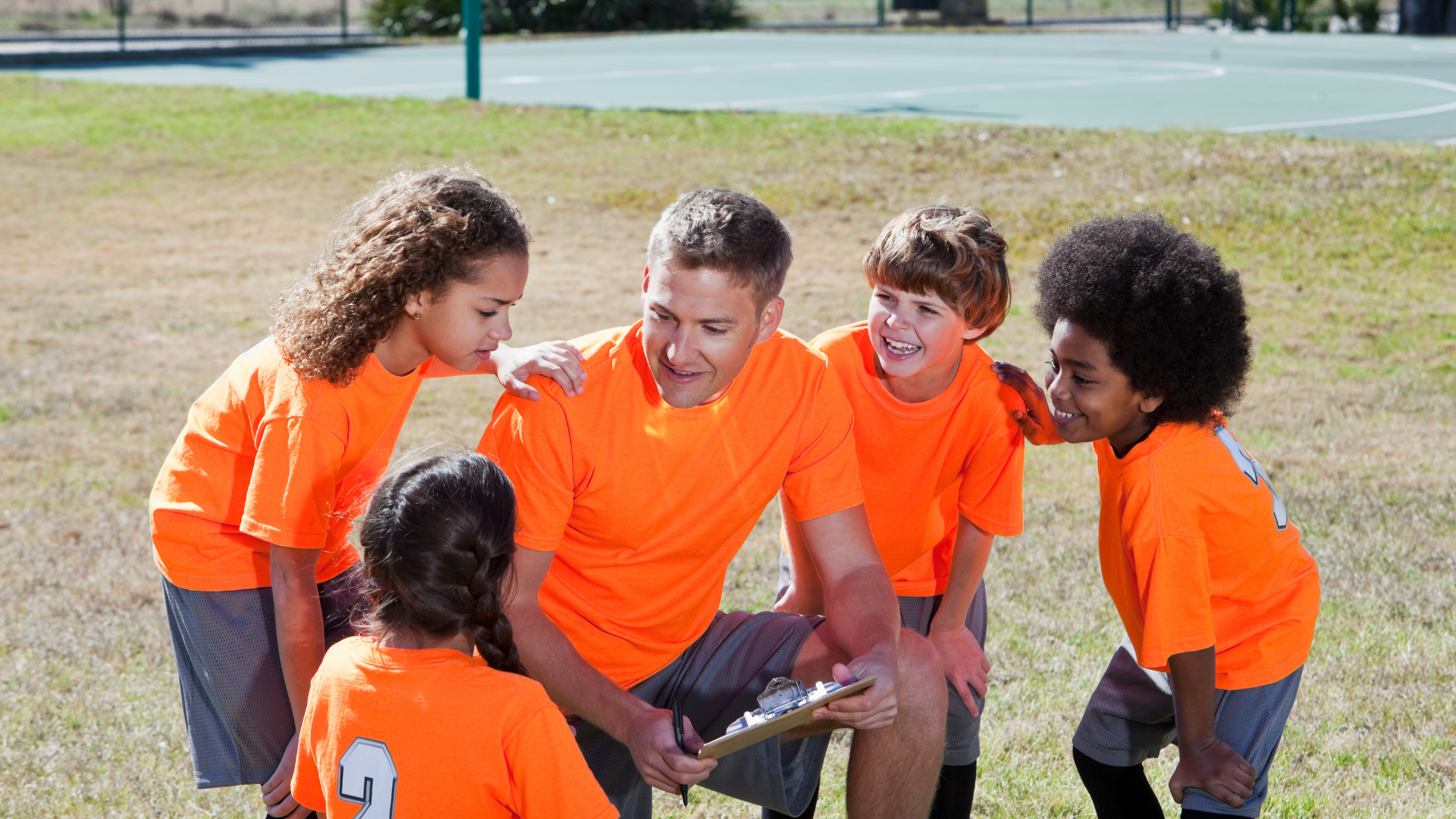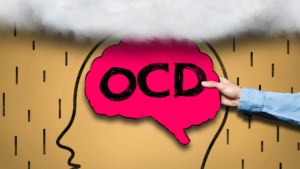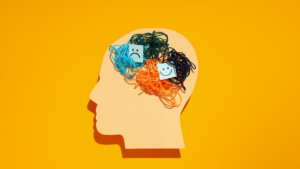
Many of us have heard the saying “healthy body,” and “healthy mind”, but what does that mean in terms of academic success? In this article, we will explore how taking part in sports can help students excel in the classroom and beyond. From increased focus to improved social skills, there is a multitude of benefits that come with team sports. So let’s dive in and see how sports can help students!
Improved Academic Performance
When it comes to academic performance, there is clear evidence that students who participate in sports tend to do better than those who don’t. Studies have shown that student-athletes have higher GPAs. They are also more likely to graduate from college than their non-athlete peers. There are several reasons why this may be the case. First, playing sports requires discipline and time management skills. These two things are also important for success in the classroom. Secondly, being part of a team teaches students how to work together towards a common goal. This is a valuable skill in any setting. Finally, participating in sports gives students a sense of pride and accomplishment. This is something that can be hard to come by in the classroom. When students feel good about their abilities, they are more likely to take on challenges and persevere when things get tough.
So if you are looking for ways to help your child excel academically, encourage them to get involved in sports! It just might make all the difference.
Engaging in Sports Can be Rewarding Beyond the School Environment
Engaging in sports beyond the confines of the school environment can offer students unique opportunities, and College Athletic Recruiting Services can play a pivotal role in facilitating this transition. These services can serve as invaluable resources for students and families, particularly those with aspirations to extend their athletic endeavors at the university level.
College Athletic Recruiting Services can go beyond a mere analysis of a student’s sports skills; they comprehensively evaluate performance statistics, academic progress, and the overall athletic potential of students. This thorough assessment can allow them to identify colleges and university teams that align with the student’s capabilities and aspirations.
Once a potential match is established, these services can actively support students by assisting in communication with college coaches. This involves creating impactful highlight reels that showcase the athlete’s skills and achievements, a critical element in the recruitment process. The goal is to present a compelling profile that captures the attention of college coaches, emphasizing the student’s potential contribution to their teams.
Furthermore, College Athletic Recruiting Services guide student-athletes through the intricate process of securing athletic scholarships. This includes navigating the complex landscape of scholarship opportunities, understanding eligibility criteria, and assisting with the application process. By providing this expertise, these services can empower promising high school athletes to pursue their sports careers at the university level, ensuring they not only find the right fit academically but also thrive athletically.
Gaining Skills and Values
Sports offer many benefits to students that go beyond physical fitness. Participation in sports can help students gain important skills and values that will last a lifetime.
- Teamwork: Working together as a team is an important skill that students can learn from participating in sports. To be successful, team members must be able to communicate and cooperate.
- Leadership: Many sports require players to take on leadership roles. This can involve motivating teammates, making strategic decisions, and setting an example for others to follow. These are all skills that can be transferred to other areas of life.
- Discipline: Participating in sports requires discipline and commitment. Students who can stick with a sport despite setbacks or obstacles can develop this important character trait.
- Resilience: Learning how to bounce back from disappointment or defeat is another valuable lesson that students can take away from playing sports. Dealing with adversity is a skill that will come in handy both inside and outside the classroom.
- Respect: Playing sports teaches students to respect their opponents and treat them fairly. This is an important lesson that will serve them well in all areas of life.
- Fairness: Sportsmanship is an important part of any sport. Players should always strive to play by the rules and treat their opponents with respect. This can help students learn the importance of fairness and justice in all aspects of life.
Sports can provide students with an array of benefits that extend beyond physical fitness. By teaching important skills and values, sports can help students develop into successful and responsible adults.
Enhanced Physical and Mental Health
Playing sports has numerous physical and mental health benefits. These benefits can help students excel in the classroom and beyond. Physical activity can enhance students’ concentration and attention span. It can also improve their ability to process information and solve problems. Exercise has also been shown to increase levels of serotonin and dopamine in the brain. This can improve mood and reduce stress levels. In addition to improving cognitive function, physical activity can also help students maintain a healthy weight. This is important for both physical and mental health.
Obesity is associated with several health problems, including type 2 diabetes, heart disease, stroke, and certain types of cancer. Maintaining a healthy weight can help reduce the risk of developing these conditions. Physical activity can also help reduce stress levels and promote relaxation. This is important for students who are juggling academics with extracurricular activities and social lives. Taking some time out to exercise can help students feel more relaxed and better able to cope with stressors.
Overall, regular physical activity can have a positive impact on a student’s physical and mental health. This in turn can lead to improved academic performance and overall well-being.
Higher Self-esteem
Sports can positively impact an individual’s self-esteem. It can help them to feel competent and confident, two important qualities for success in the classroom and in life. When children feel good about themselves, they are more likely to take risks and try new things. They are also more resilient when faced with setbacks.
Larger Social Networks
It’s no secret that high school can be tough. There are academics to keep up with, social pressures to navigate, and extracurriculars to balance. For many students, sports can provide a much-needed outlet. Not only can they help blow off some steam, but studies have shown that playing sports can also have a positive impact on social development.
Student-athletes often find themselves part of larger social networks. These networks can provide support and guidance both on and off the field. For example, teammates can offer encouragement and advice when it comes to dealing with difficult classmates or teachers. And coaches can serve as mentors, helping students develop important life skills such as time management and goal setting.
Of course, not every student will excel at or enjoy playing sports. But for those who do, the benefits can be enormous. So if you’re looking for ways to help your child succeed in high school (and beyond), consider signing them up for a team sport!



